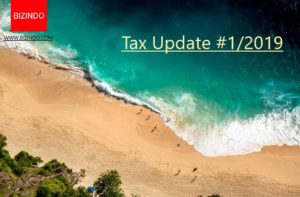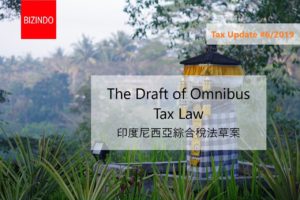In a move that has triggered substantial backlash, the government’s decision to increase entertainment tax by 40-75% is facing widespread criticism and resistance from various business circles in Indonesia. A particular focus of concern is the potential impact on Bali’s vital tourism sector. Responding to the uproar, the government asserts the continuance of the entertainment tax but leaves room for it to be set below the initial 40% threshold.
The recent imposition of tax rates, as outlined in Law Number 1 of 2022, specifically targets certain goods and services, notably those in the entertainment sector. This encompasses nightclubs, karaoke venues, nightclubs, bars, and spa facilities, with tax rates ranging from 40% to 75%. Interestingly, of the twelve groups involved in art and entertainment services, eleven face a maximum tax rate of 10%.
However, this policy has sparked a domino effect, with regions across the country collectively opting to increase entertainment tax rates in 2024. Key players in the entertainment and tourism industry have expressed their strong protest, considering the tax hike burdensome and unjustifiable. This sentiment has led to plans by the Indonesian Hotel and Restaurant Association to challenge the law in the Constitutional Court.
Despite the pushback, the government maintains that the policy takes into account inputs from various stakeholders and aims to address equity concerns, particularly benefiting less affluent groups through increased tax revenue.
The 40% minimum tariff is justified by the government as a measure considering that only specific segments of society engage in entertainment services. Furthermore, the government argues that this regulation is not entirely new, citing that before its introduction, 177 out of 436 regions had already implemented entertainment tax rates ranging from 40% to 75%.
However, the widespread opposition persists, with business players, influencers, and public figures vehemently rejecting the tax hike, citing its potential negative impacts.
Authority Given to Regional Heads Regarding Entertainment Tax
In response to mounting complaints, the Coordinating Minister for Economic Affairs, Airlangga Hartarto, emphasizes that Regional Governments (Pemda) have the flexibility to set specific entertainment taxes below the 40% threshold. This move aims to provide regional autonomy in deciding tax rates that align with local contexts.
Under the Law on the Relationship between the Central Government and Regional Governments (HKPD), Regional Heads have the authority, by position, to provide fiscal incentives by reducing local tax principal. The recent Circular Letter issued by the Minister of Home Affairs further affirms this authority.
With this power, Regional Heads can potentially reduce specific taxes on entertainment services to rates existing before the recent increase. This fiscal incentive can be determined through Regional Regulations (Perkada).
Furthermore, the Ministry of Finance, in collaboration with relevant ministries/agencies, is finalizing a study to provide tax incentives for the Tourism Sector. This comes in the form of a reduction in Corporate Income Tax (PPh Badan DTP – Ditanggung Pemerintah), set at 10%, resulting in a reduced Corporate Income Tax rate of 12%.
This tax incentive represents the government’s tangible effort to protect business players and maintain a conducive business environment amid the current challenges.
Impact of Entertainment Tax on Bali
Social activist Ni Luh Putu Ary Pertami Djelantik, during her visit to the Ministry of Tourism and Creative Economy (Kemenparekraf), expressed concerns about the potential repercussions of the entertainment tax on Bali. She argued that the tax rates of 40%-75% could be detrimental to businesses and workers in the entertainment service industry, which is a significant contributor to Bali’s economy.
In her appeal to Minister of Tourism and Creative Economy Sandiaga Uno and Finance Minister Sri Mulyani Indrawati, Niluh emphasized the current struggles of the entertainment service industry in Bali post-COVID-19. With 60% of Bali’s population working in the tourism sector, the proposed tax rates could pose a severe economic burden.
As the industry faces unprecedented challenges, business players in Bali stress that fiscal incentives are not their primary need. Instead, they call for more precise regulations to navigate the current economic landscape effectively.
In light of this, business players urge the government to reevaluate Law No.1/2022. They also call on local governments to take a more decisive and courageous stance in determining entertainment tax rates that consider the unique challenges faced by different regions.
The government’s decision to increase entertainment taxes has undoubtedly stirred a multifaceted debate, encompassing concerns about regional autonomy, economic impacts on specific industries like tourism, and the broader question of fiscal policy in challenging times. As the controversy unfolds, the delicate balancing act between revenue generation and economic sustainability remains at the forefront of discussions.





 20% off today. Whatsapp us!
20% off today. Whatsapp us!